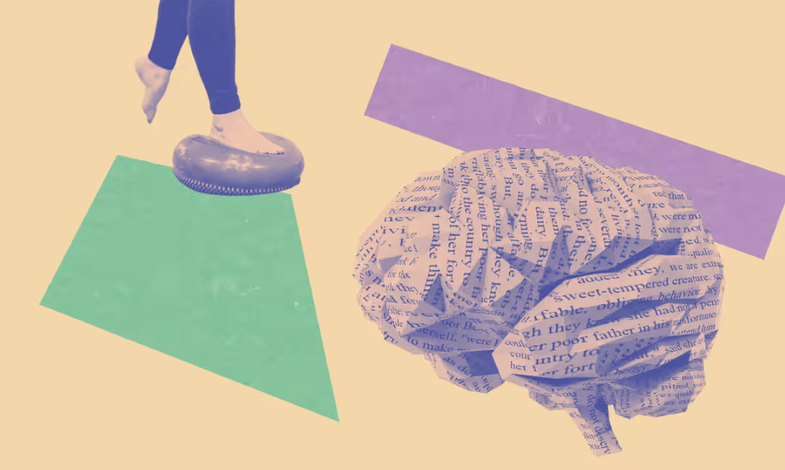
As we live longer, the risk of diseases that affect the brain is increasing. How can we delay the onset of symptoms? Should we give up all pleasures, or can small changes make a difference? Neurologists will give you some tips that you can follow to have a healthy brain.
Take care of your health in general.
“All the common sense things that apply to the health of the body also apply to the health of the brain,” says Dr. Suzanne O'Sullivan, a neurologist at the Neurology Hospital in London and author of the book “The Age of Diagnosis.”
Don't smoke and don't drink alcohol every day.
“If you’re going to damage your brain, smoke a lot,” says Tom Solomon, professor of neurology at the University of Liverpool. Similarly, “a lot of alcohol is not the best choice,” though that doesn’t mean you should give it up completely, just cut back.
Exercise 3 times a week
There is a well-known link between physical activity and brain health, says Dr. Richard Davenport, a neurologist in Edinburgh: “It works on many levels: psychological, metabolic, physiological. Things that are good for the blood vessels are good for the brain,” he says. “A lot of dementia is linked to damaged blood vessels. Physical activity keeps us fit.”
Stand on one leg.
"There are studies that show that physical activity helps the brain live longer," experts say. "We recommend standing on one leg in the routine, of course, and walking, as it relies on unilateral balance and this becomes essential with age. Aerobic exercise releases a substance that nourishes the brain - brain-derived neurotrophic factor - and resistance exercise helps the muscles."
Less butter
When in doubt, choose olive oil! “Choose antioxidants, unsaturated fats, and avoid red meat,” experts say.
“There are more studies that show that the Mediterranean diet is very good,” experts add, continuing: “When I cook, I use olive oil, not butter. It’s very easy to switch. Even desserts can be made with olive oil.” For vegetarians and vegans, experts suggest vitamin B12 supplements.
To avoid headaches, drink water, not coffee
"For headaches, the solutions are the same: regular activity, drinking at least 2 liters of water a day, not consuming caffeine, not skipping meals, and having a regular sleep schedule. If you follow these for three months, the pain will subside. All of these are also good for brain health," say the experts.
Meet new people
Brain health is linked to passions, says expert O'Sullivan, suggesting that when you have time, get out, pursue your passions, and make new friends.
Learn something new.
Experts say: "Musical instruments and foreign languages ??activate different parts of the brain. People who play are less at risk of dementia and other brain diseases."
Suggested articles:





